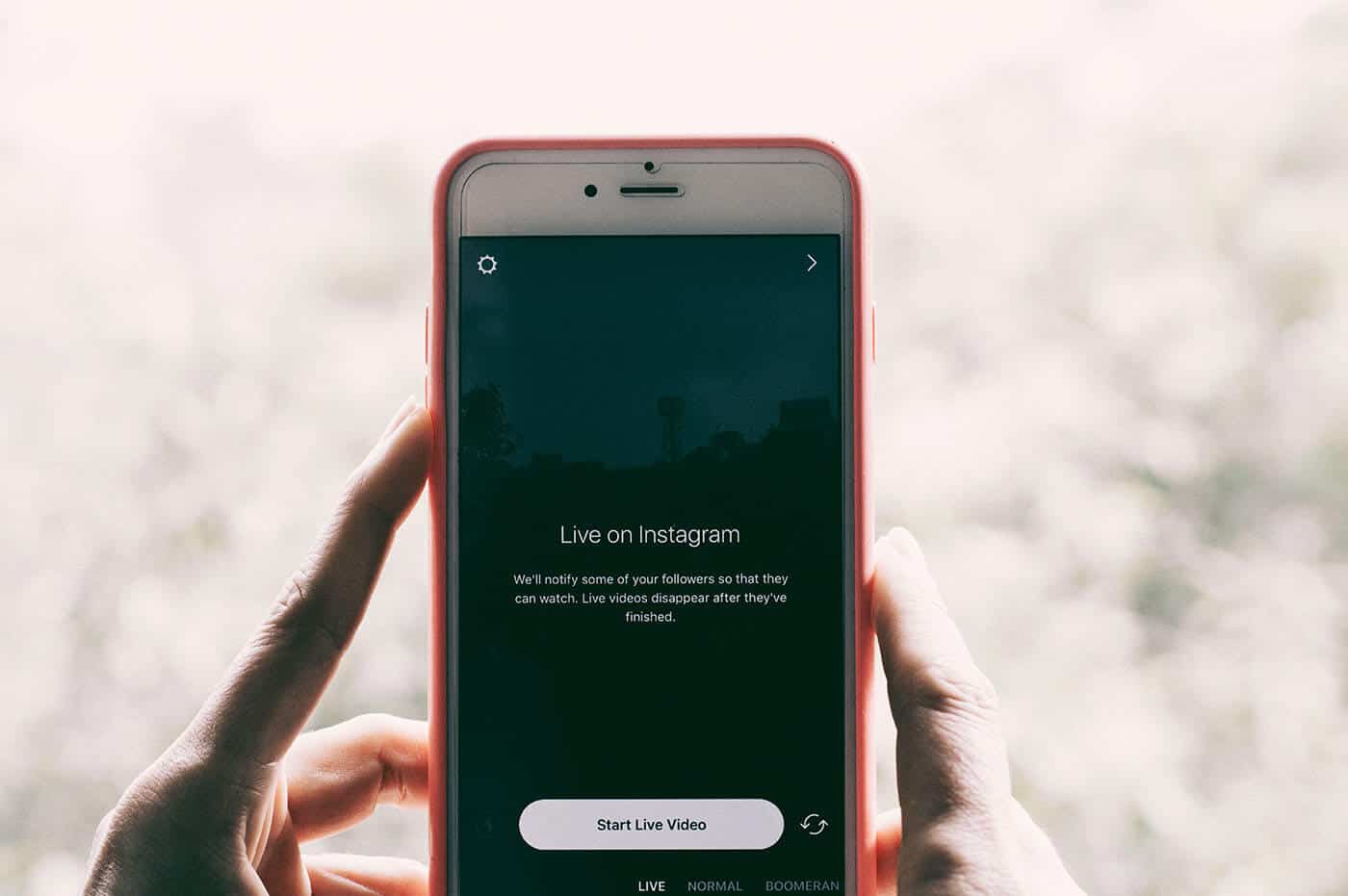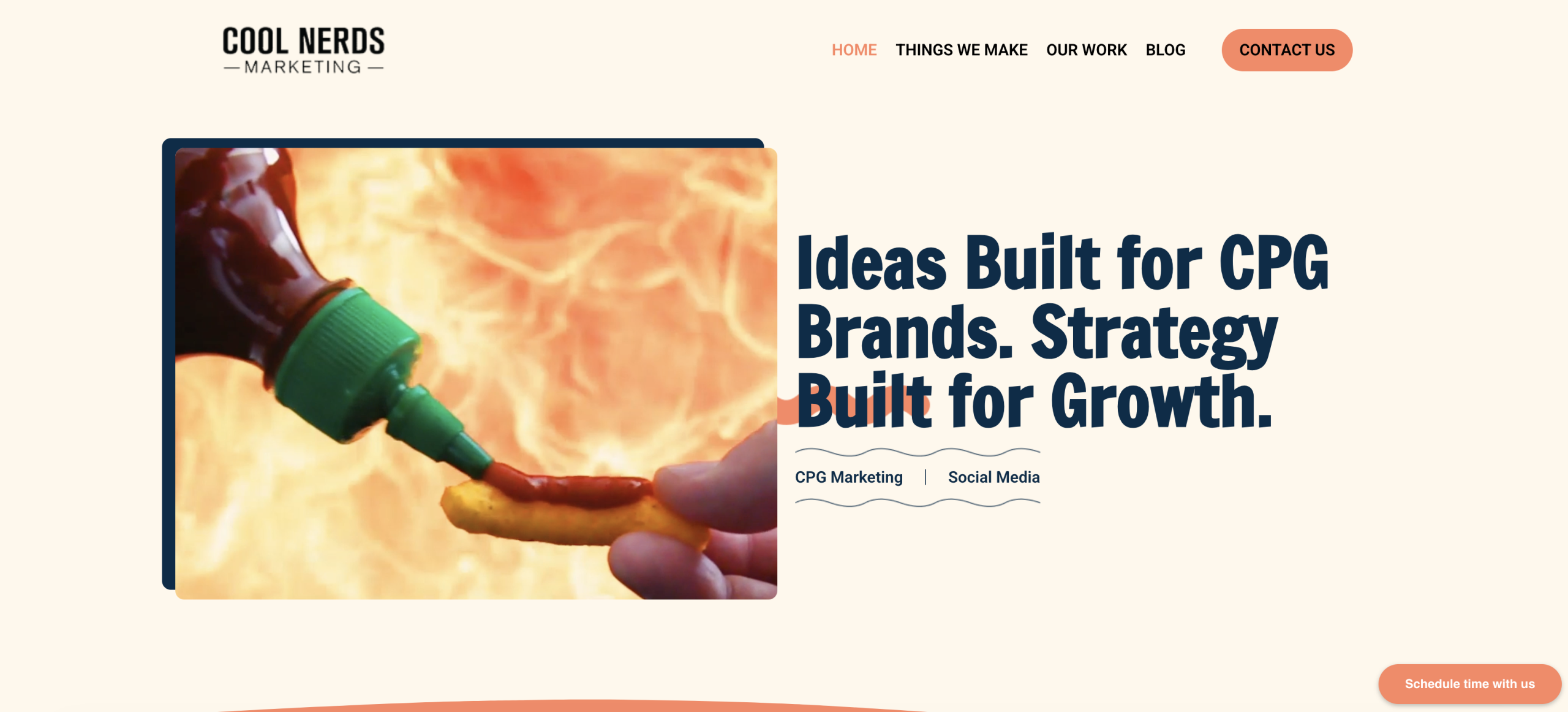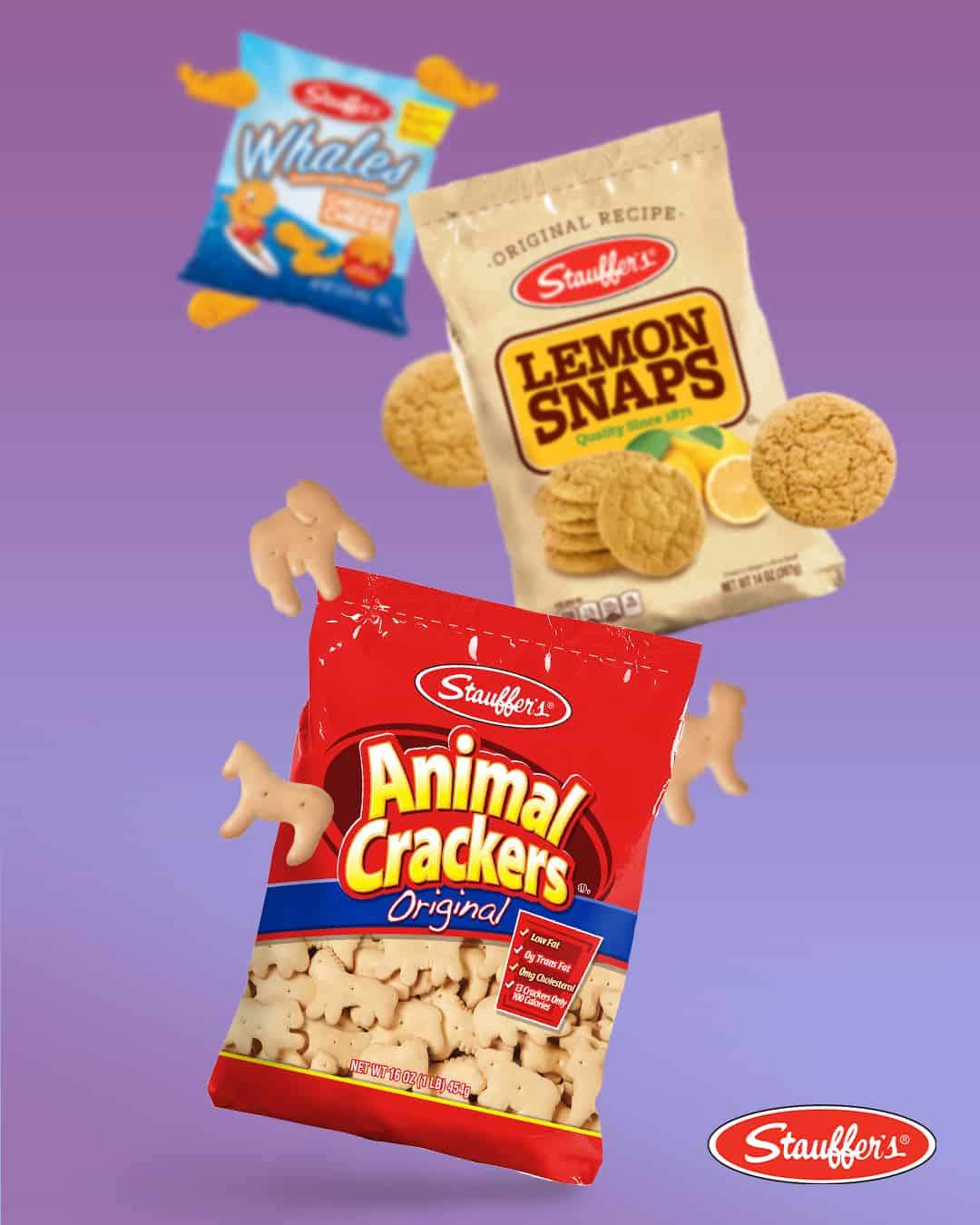Conversational Marketing VS Promotional Marketing
June 17, 2019 by Olivia Roehm | Account Executive
In 2019, businesses and consumers are able to communicate on a massive scale that has never been seen before. Whether communicating on social media platforms, or using a 24/7 chatbot services, it is becoming readily apparent that a strong conversational marketing strategy is going to be the future.
Conversational marketing allows us to break down the corporate barriers and puts us in the seat at the table right next to our customers. Through conversational marketing we can begin to establish 1st person relationships with our customers which come with a number of benefits:
- 24/7 customer support. We live in a very fast paced world, and with conversational marketing the customer can begin to converse your brand right away. Instead of using traditional outlets to get your marketing message out (Television, social media, print ads), conversational marketing allows the customer to come to you.
- Earn customer trust. Customers and leads can put a person behind the company and not just a name. Customers like quick responses and personal support. Through a good conversational marketing strategy companies can begin to establish long-term relationships and build brand loyalty.
- Personal shoppers. Many conversational marketing strategies include a personal shopping feature. By having a conversation with our customer, chatbot technology can scan and fetch products we think our customer may want and suggest items for them to buy instantaneously.
Companies are beginning to integrate conversational customer service software and technologies, not just on their home page, but on third party outlets like Facebook Messenger, and Slack. Let’s take a look at a few of the companies who are leading the pack with their conversational marketing.
1. Lyft – Lfyt is a popular ride share company that allows you to hail a ride from anywhere their drivers are supported. Customers can request a ride in app through their chat feature and Lyft will send you a picture of your driver and the car they are driving. Lyft syncs with Facebook Messenger and Slack. Without even switching apps the customer can chat and request their ride. Lastly, Lyft is integrated with Amazon Echo (Alexa) and a ride can be requested by voice. Lyft’s chatbot technology runs 24/7 and provides customers with a number of vital features that ensure customer trust and allows them to feel comfortable and safe in their travels.
2. 1-800 Flowers – Where one used to have to dial an 800 number to get someone on the phone, 1-800 Flowers has fully integrated their conversational marketing into Facebook Messenger. Customers no longer have to call or even go to their website. They simply need to start a chat on Facebook through the company’s page, and immediately they begin to order flowers or talk to customer support. The 1-800 bot technology will also make recommendations by asking customers questions. So even if you are not sure what to buy, the conversational software will assist in guiding customers to the right purchase.
3. Back Country – This outdoor gear retailer uses conversational marketing to really establish a rapport and earn customer trust. Back Country’s customer service reps are aptly named “gearheads”. The company hires outdoor industry enthusiasts who don’t just talk the talk but walk the walk. For example, when purchasing climbing equipment, the customer can tell that they are speaking with an associate who actually climbs themselves. Much like a subject matter expert, customer service reps who are experts in the field will be the ones responding to customer inquiries. The company doesn’t just rely on direct messaging and chat through their website. If you purchase something from them, they will assign you a “gear ambassador” who will reach out periodically (via email) to see if you need any gear or have heard of new specials and releases. It makes the buyer feel as if they have a true friend in the business.



